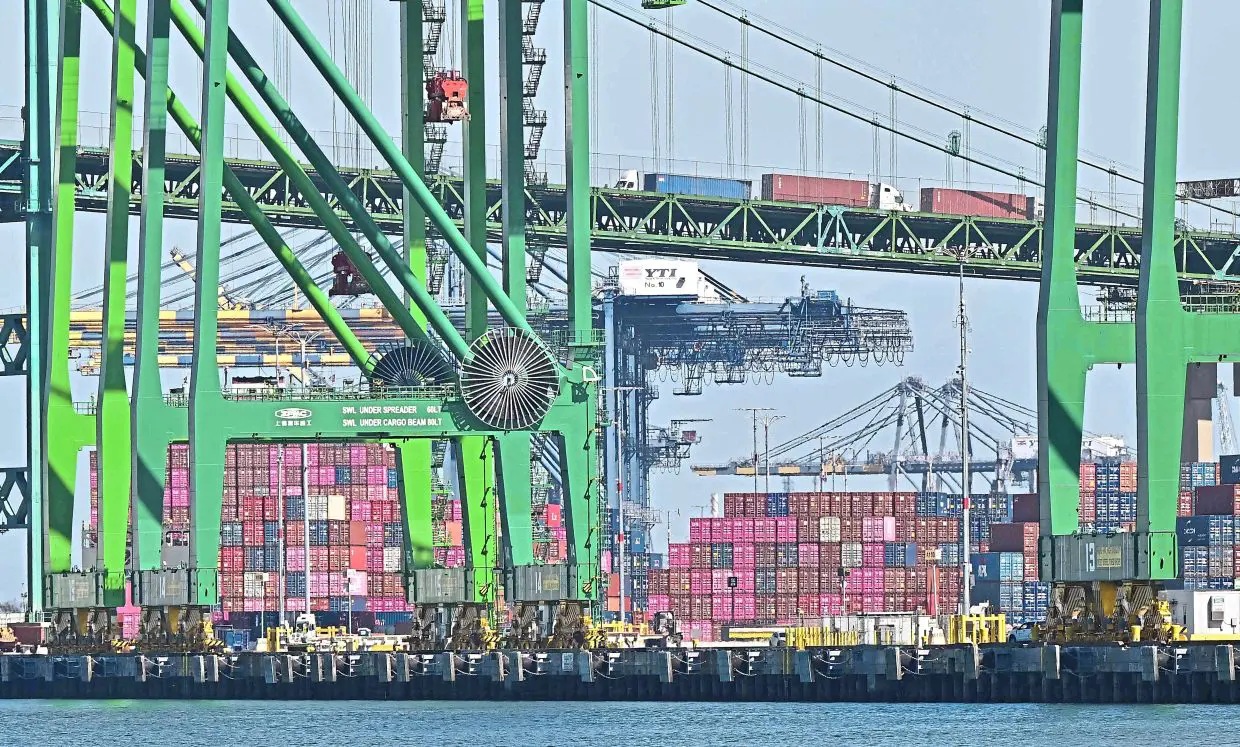
当前位置:新闻动态
Shipping industry in crisis mode with tariff 'earthquake'
来源:https://www.shippingazette.com/ 编辑:编辑部 发布:2025/03/10 08:59:52
GLOBAL shipping executives meeting last week in Long Beach, California, found themselves in crisis mode instead of discussing market trends and supply chain challenges.
On March 4, President Donald Trump upended decades of mostly free trade with the two biggest US trading partners, slapping 25 per cent tariffs on goods from Mexico and Canada.
The White House also layered another 10 per cent duty on China on top of an identical hike a month before.
The move sent shock waves through global trade, igniting fears of recession, skyrocketing consumer prices and logistical chaos, reports Bloomberg.
While beefing up tariffs has long been one of Mr Trump's signature issues, veteran shippers at the S&P Global's TPM25 conference in Long Beach said they did not expect him to follow through so fully.
In the latest developments, the Trump administration said on March 5 that it will provide a one-month exemption for "any autos coming through USMCA", referring to the existing trade deal called the US-Mexico-Canada Agreement.
But Canada will not scrap its retaliatory tariffs if Mr Trump leaves any US duties on the country in place, Bloomberg News reported, citing a senior Canadian government official.
Mr Trump has threatened higher tariffs for years, and the possibility of a major increase was universally understood.
At the twin ports of Los Angeles and Long Beach - the largest US gateway for Chinese imports - cargo volumes have ballooned in recent months, a sign that importers were moving in shipments ahead of potential trade restrictions.
The pattern is familiar: During Mr Trump's first term, port traffic spiked as businesses raced to stockpile goods, only to drop once tariffs on Chinese imports started taking effect.
Half a continent away, freight rates between the US and Canada have jumped since Mr Trump's latest election in November 2024, said Dean Croke, an analyst at DAT Freight and Analytics.

